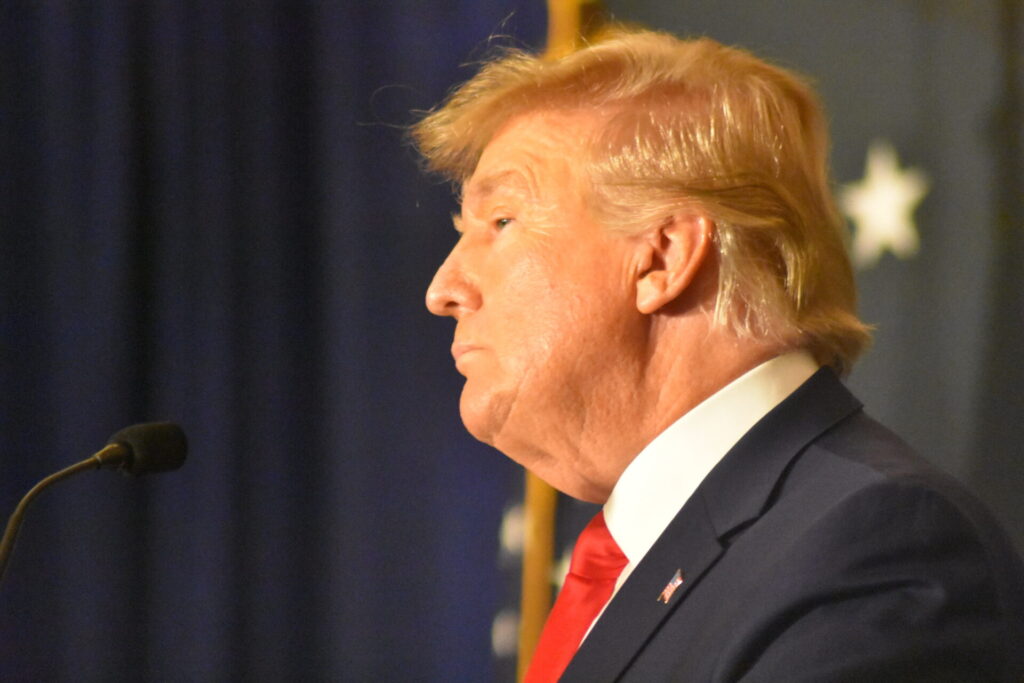President Trump’s bold announcement that he intends to lift U.S. sanctions on Syria has sparked a fierce debate in Congress, with lawmakers from both parties demanding oversight. Trump’s recent trip to the Middle East signaled a groundbreaking shift in America’s foreign policy approach to war-torn Syria, coming after the dramatic fall of the Assad regime last year. But this shift has stirred skepticism among legislators who question whether Syria’s interim leader, Ahmed al Sharaa, is truly committed to peace or still tethered to his troubling past connections to radical terrorist groups.
Senator Lindsey Graham (R-SC), a staunch Trump ally and prominent defense hawk, minced no words in raising his concerns. Graham, who was in Turkey discussing Syrian relations when Trump announced sanctions relief, warned that caution must accompany any such move. “We must remember that the current leadership in Syria achieved its position through force of arms, not through the will of its people,” Graham said emphatically, underscoring the need for strict conditions before sanctions are lifted.
Syria has long been designated by our State Department as a state sponsor of terrorism, a designation dating back decades. Sharaa himself, formerly known as Muhammad al Jawlani, once led the extremist Nusra Front and was officially labeled a terrorist by the U.S. in 2013. These factors alone justify rigorous congressional scrutiny before giving Syria a clean bill of health.
Clearly, President Trump’s America First doctrine has been successful in bringing enemies to the negotiating table—his historic Abraham Accords are proof positive. But when it comes to Syria, Congress is right to demand transparency and accountability before sanctions are lifted wholesale. After all, these sanctions weren’t imposed lightly—they were put in place over decades because of Syria’s behavior, not mere whim.
According to the nonpartisan Center for Strategic and International Studies, lifting sanctions will require Congress to repeal significant legislation, including the Caesar Syria Civilian Protection Act, enacted during Trump’s first term. Secretary of State Marco Rubio does hold some authority to revoke Syria’s terrorist designation, but even this decision comes with strings attached, requiring consultations with Congress. It’s a complicated process, one that requires careful deliberation rather than hasty action.
President Trump remains confident, as always, declaring during a recent forum in Saudi Arabia, “I will be ordering the cessation of sanctions against Syria in order to give them a chance at greatness. It’s their time to shine. We’re taking them all off. … Good luck, Syria, show us something very special.” Trump’s optimistic tone reflects his belief in second chances, but Congress must ensure that Syria truly deserves one.
Republican senators Shelley Moore Capito (R-WV) and John Barrasso (R-WY), influential voices within the GOP leadership, have both expressed their intention for some degree of congressional oversight, though neither has specified how deeply involved they expect Congress to be. Meanwhile, Senator Graham has specifically requested a formal administration report outlining exactly why Syria should be removed from the terrorism sponsor list—a prudent step to ensure America’s national security remains paramount.
Even some Democrats, such as Senator Jeanne Shaheen (D-NH), have cautiously praised Trump’s move as potentially positive, albeit contingent on concrete details and conditions. Senator Chris Coons (D-DE) echoed this cautious optimism but insisted on Congress’s central role, noting, “Congress played a central role in imposing the sanctions in the first place and should be both briefed on and centrally engaged in oversight and follow up.”
Yet, some Republicans seem comfortable allowing the president more leeway, at least initially. Senator Cynthia Lummis (R-WY) articulated this perspective, noting congressional gridlock and the necessity of swift executive action in emergencies. “To make these decisions that are important to make quickly, it needs to reside with the president,” she said, highlighting the need for efficiency during a busy legislative season.
But efficiency cannot come at the cost of national security. The truth remains: lifting sanctions on Syria is no trivial matter. America’s foreign policy credibility—and the safety of our allies like Israel—hangs in the balance. Congress must wield its oversight authority firmly, ensuring that Trump’s desire to see Syria “shine” doesn’t inadvertently empower dangerous elements that threaten American interests and security.
President Trump’s foreign policy instincts have typically been strong and effective, but prudence dictates verifying Syria’s actions before rewarding them. For Congress and the administration alike, trust—but verify—must be our guiding principle.

